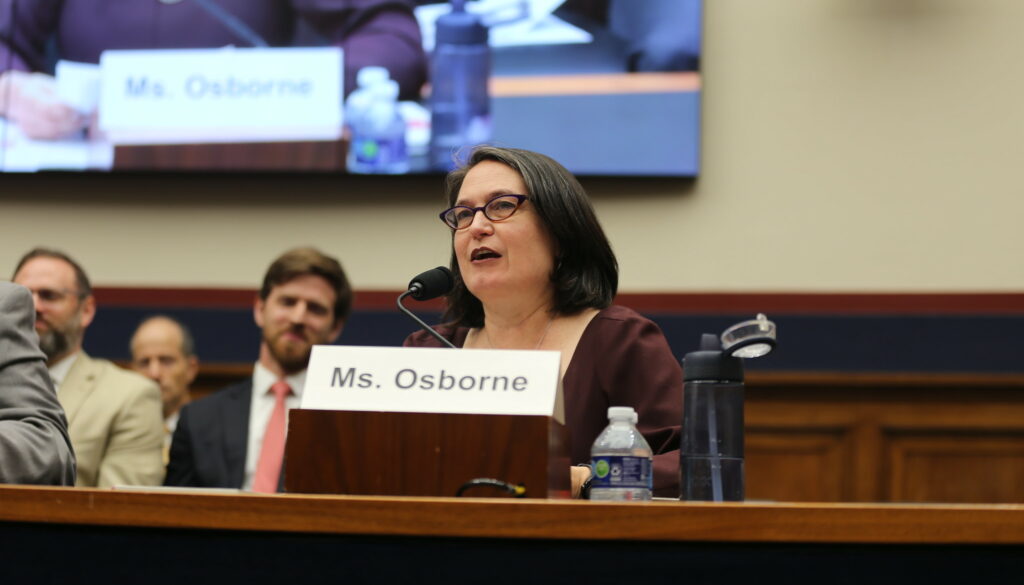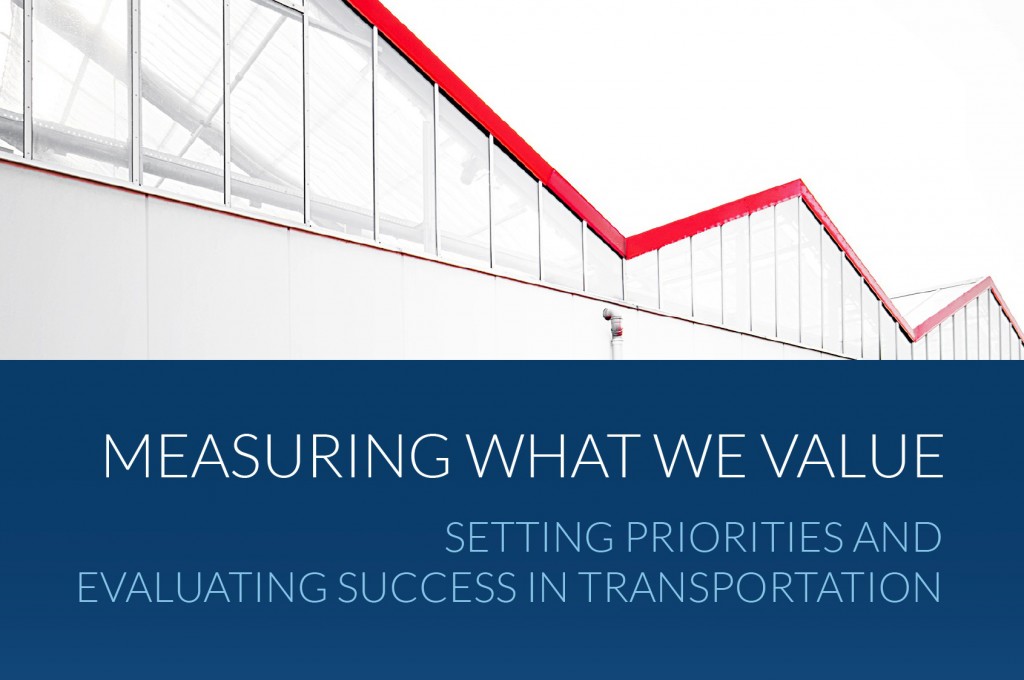
Maryland’s governor is fighting a more objective process for choosing transportation projects

While other states and regions across the country are using new tools to evaluate potential transportation projects and pick the ones that offer the best return for taxpayer money, Maryland Governor Hogan and his administration are staunchly opposing similar new policies that add accountability and transparency to that process.
Many Americans find the byzantine nature of transportation decisions confusing, making them less willing to hand over more of their hard-earned tax dollars to increase investments in transportation — but who can blame them?
The public wants to know the answers to questions like: “Will these dollars give us better, safe, reliable, affordable access to necessities like jobs, education, health care, and groceries?” Measuring what transportation dollars are buying, in a clear way that matters to the public, is critical for restoring this trust — as well as for getting the most bang for the buck.
This was why Maryland legislators in 2016 crafted a new law to measure and score transportation projects based on state goals, helping to program (i.e. spend) scarce transportation dollars more objectively. The legislation in question requires the state department of transportation to objectively evaluate potential projects based on their impacts in categories like economic development, safety, community vitality, and accessibility.
The Governor vetoed the bill, but the legislature overrode that veto and passed it in 2016. And now, as Maryland starts their 2017 legislative session, Governor Larry Hogan (R) has declared his number one legislative priority to be the repeal of this legislation. Last week a repeal bill was introduced.
Marylanders: Tell your state reps to defend transparency and accountability in transportation projects.
The governor is demanding a repeal of the law that created this new objective scoring system so he can preserve the opaque, politically driven process where projects are picked based on horse trades and political influence, not on need or expected benefits.
In attacking what he calls the “road kill bill” and warning of “catastrophic” consequences, Gov. Hogan has exaggerated and incorrectly stated the provisions of the law. While the Governor said the law would “absolutely be responsible for the elimination of nearly all of the most important transportation priorities in every single jurisdiction all across the state,” the law explicitly gives the administration the power to fund any necessary project.
Del. Brooke Lierman (D-Baltimore, pictured below), who championed the project scoring legislation last year, was astonished by the Governor’s sweeping opposition.“It’s just a score, and that shows to us, the taxpayers, how we’re spending our money in a transparent way,” she told the Baltimore Sun. “I don’t know why the governor is so opposed to transparency in transportation funding.”

Delegate Brooke Lierman, right, one of the sponsors of the original legislation, explaining the mechanics of the bill to others at our Capital Ideas conference.
In recent years, several other states under Democrat or Republican control alike, have adopted similar scoring systems to clearly evaluate projects and communicate to taxpayers that the state is making sound investments. For example, in the past year Virginia and Massachusetts have each employed new project scores to build their state transportation plans.
Yet rather than follow these well-functioning models, the administration released a clumsy set of measures to implement the legislation.
Virginia’s DOT went all-in on the new process their legislature created, producing a new website and a 90-page step-by step guide to their process. In contrast, the Maryland DOT’s regulations run just a page and a half and offer no explanation for the basis for scores and weights. While Gov. Hogan has erroneously claimed that the new law would require that state to cancel dozens of planned projects, under the law the scoring process is only advisory — it just provides a new way for lawmakers and citizens alike to see which projects are being advanced and compare the relative merits of each.
Maryland’s taxpayers deserve transparent and objective scores that would let them understand state spending and need. Instead they have gotten a cynical, straw man argument, in which the governor has painted a sensible, good-governance reform as the “road kill bill.”
The Maryland General Assembly should not repeal this important new policy and the administration should use the flexibility in the law to develop a scoring process that matches the state’s need. We’ll be keeping our eyes on the developments down the road in Annapolis.



